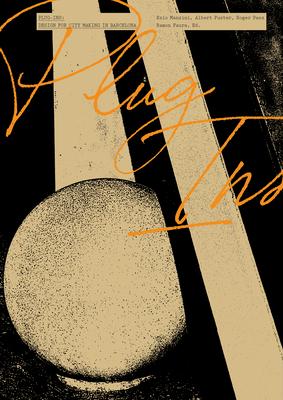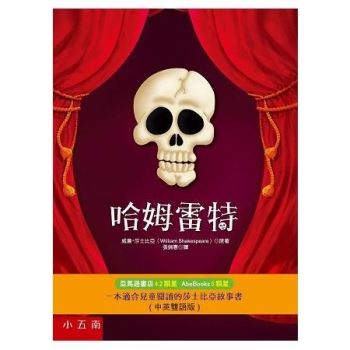This book’s central argument is that plug-ins, situated design outcomes that aim to enrich the complex system of the city and expand its potentialities, are a solid yet supple conceptual framework for rethinking how design can be a key agent in city making.
This book showcases some of the projects developed by Elisava’s Design for City Making Research Lab, a research institute that investigates the role of design in the material and social construction of our habitats, focusing on spatiality, temporality, interactions, meaning, citizen engagement and social impact. Projects by students, professors and researchers, in collaboration with multiple partners including the public administration, NGOs, industry and academy, articulate the concept of design as plug-ins as the core idea of this book. This notion of plug-ins results from a renewed approach to how design can be a key agent in city making. Given that the city is a system of relationships, design for city making means understanding, reinforcing and articulating this network. We posit plug-ins as situated design outcomes that aim to enrich the complex system of the city and expand its potentialities. This book’s central argument is that plug-ins are a solid yet supple conceptual framework for rethinking design’s agency in the city - the main aim of Elisava’s Design for City Making Research Lab.With Contributions of Ruedi Baur, Julia Benini, Josep Bohigas, David Bravo, Adrià Carbonell, Tomás Díez, Danae Esparza, Ramon Faura, Tona Monjo, Salvador Rueda, Oscar Tomico, Lluís Torrens, Manuela Valtchanova











